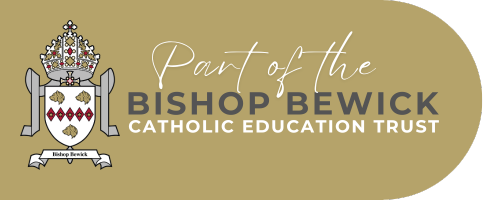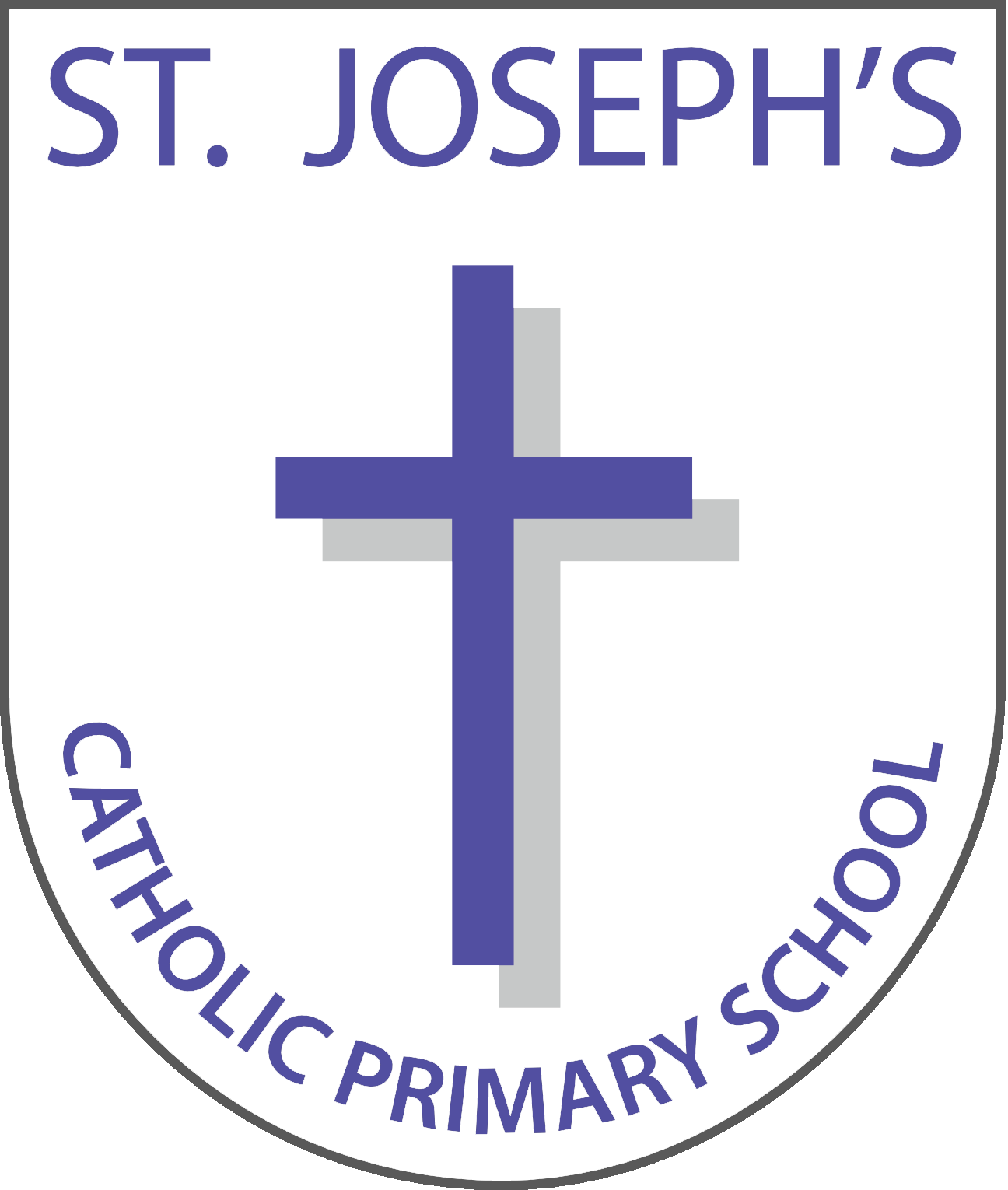
MUSIC
INTENT:
The National Curriculum for music aims to ensure that all pupils:
Perform, listen to, review and evaluate music
Be taught to sing, create and compose music
Understand and explore how music is created, produced and communicated.
At St Joseph’s the intention is that children gain a firm understanding of what music is through listening, singing, playing, evaluating, analysing, and composing across a variety of historical periods, styles, traditions, and musical genres. Our objective at St Joseph’s is to develop a curiosity for the subject, as well as an understanding and acceptance of the validity and importance of all types of music, and an unbiased respect for the role that music may wish to be expressed in any person’s life. We are committed to ensuring children understand the value and importance of music in the wider community, and are able to use their musical skills, knowledge, and experiences to involve themselves in music, in a variety of different contexts.
IMPLEMENTATION:
The music curriculum ensures students sing, listen, play, perform and evaluate. These components are embedded in classroom activities, as well as the weekly singing assemblies, concerts and performances as well as the learning of instruments. The elements of music are taught in the classroom lessons so that children are able to use some of the language of music to dissect it, and understand how it is made, played, appreciated and analysed. The key knowledge and skills for each year are mapped to ensure progression between years (see attached progression of skills in music). This ensures that children develop their musical skills systematically, building their knowledge of music from one year to the next.
In key stage two students learn how to play an instrument, from two of the main instrument groups of wind and percussion. In doing so, they are able to understand the different principle of each method of creating notes, as well as how to read basic music notation. They also learn how to compose, focussing on different dimensions of music, which in turn feeds their understanding when listening, playing, or analysing music.
Composing or performing using body percussion and vocal sounds is also part of the EYFS and KS1 curriculum, which develops the understanding of musical elements without the added complexity of an instrument. EYFS join both KS1 and KS2 for the Annual St Joseph’s Music Concert in July, where the whole school community are invited to enjoy the rich musical culture which the school promotes.
The school has links with external organisations, which offer specific expertise in music as part of the core offer including the Newcastle Music Service.
IMPACT:
Whilst in school, children have access to a varied programme, which allows children to discover areas of strength, as well as areas they might like to improve upon. The integral nature of music and the learner creates an enormously rich palette from which the children may access fundamental abilities such as: achievement, self-confidence, interaction with and awareness of others, and self-reflection. The Music curriculum at St Joseph’s also enables children to develop an understanding of culture and history, both in relation to students individually, as well as ethnicities from across the world. Children are able to enjoy music, in as many ways as they choose- either as listener, creator or performer. They can dissect music and comprehend its parts. They can sing and feel a pulse. They have an understanding of how to further develop skills less known to them, should they ever develop an interest in their lives. Regular performances at school and the annual music festival, ensure that children are confident performers. They also provide further means to showcase the impact of the school’s high-quality music provision.


